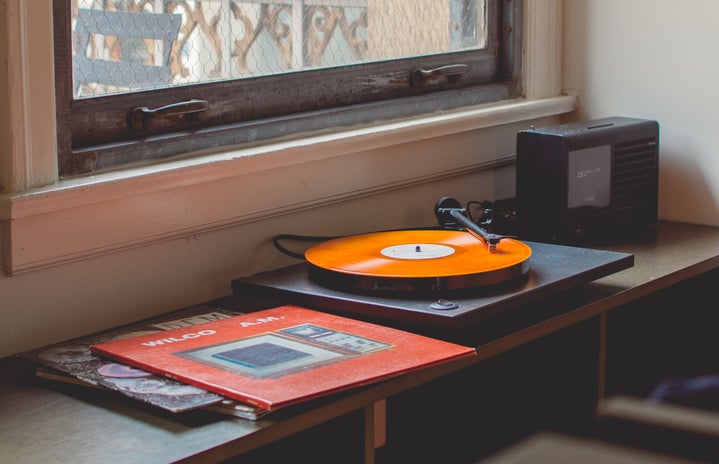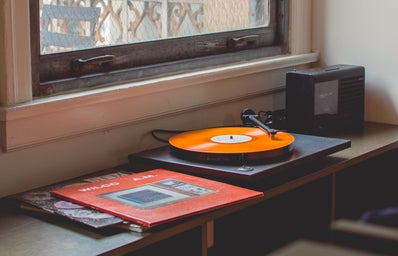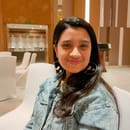If there is one thing that Hindi Cinema, popularly known as Bollywood, has always been known for, then it has to be its music. Ever since its inception, music has played a major role in Bollywood films. There have been several instances where a film has not fared well at the box office but its songs have. Hence, over the decades, we have witnessed a plethora of talented male and female playback singers lending their soulful voices to the creations of the industry.
But of late, I’ve personally felt a change in this music industry that shows an increasing preference for male singers in many of its songs. As an ardent fan of Hindi music, I can certainly sense this change, especially in some of the recent releases where the title track is predominantly voiced by a male singer. Whether it’s Apna Bana Le from the movie Bhediya (sung by Arijit Singh), Tere Vaaste from Zara Hatke Zara Bachke (sung by Jubin Nautiyal), or Naseeb from Satyaprem Ki Katha (sung by Vishal Mishra), all of them are solo tunes of male singers. There is no doubt that these pieces have received an abundance of love and appreciation but it lacks the portrayal of the female actor’s perspective which could have been better expressed by a female singer.
There may be some counterarguments saying that there are songs where both male and female singers contribute. However, the question arises of how equally both of them are contributing. For example, in the entire duration of Tum Kya Mile from Rocky Aur Rani Ki Prem Kahani, Arijit Singh had a major portion to sing, whereas Shreya Ghosal sang only a tiny portion or rather a ceremonial part. In another popular track Itni Si Baat Hai from the movie Azhar, Arijit Singh almost owned the entire song whereas Palak Manchhal, the female singer, gave her voice to the last few minutes of the track. The point that I want to make here is that both of these songs feature the lead pairs of the movie. However, if a song is used for both of them, then it is certainly not fair for the male singer to have the majority of the portions to voice in comparison to the female singer.
Another point to be noted here is that there is a pattern of songs from women-centric films being heavily voiced by male singers. For instance, the song Tareefan from Veere Di Wedding, which celebrates female friendships, was solely sung by the popular singer Badshah. The powerful track Ziddi Dil from the movie Mary Kom, portraying the inspiring journey of the World Boxing Champion, M.C. Mary Kom, was also solely voiced by Vishal Dadlani. The emotions and feelings of a woman should be attempted to be expressed by a female singer because it simply makes us feel more connected to the experiences of the female actor and the scene they are in. This is one of the reasons why songs such as Badal Pe Paon Hain by Hema Sardesai from the classic Chak de India and Tera Noor from Tiger Zinda Hai earned so much appreciation and recognition as these were sung by female artists for the female protagonists of the movies.
I believe this is one of the many reasons for several female singers venturing into the creation of independent music, with social media being used as a space to express their talent and abilities. Shasha Tripathi who sang the remix Kajra Mohabbat Wala-Ude Jab Jab Jhulfe Teri, Neha Bhasin with her chartbuster Jutti Meri Jaandi Ae, and Sona Mohapatra with her song Bekhauff, stand as a testament to the fact that women singers are capable of doing much more than just playing a ceremonial role in playback songs.
Bollywood has no dearth of talented singers, regardless of one’s identity. In the past, Bollywood music has been ruled by legendary female singers such as Asha Bhosle and Lata Mangeshkar who had complemented as well as served as tough competitors to their counterparts Kishore Kumar and Mohammad Rafi. I agree that there are songs that are solely voiced by female artists, but in comparison to the male-led songs, there remain a few. A female singer not only adds to the charm of the song but her inclusion is also a way of giving voice to the female characters in the movies. Hence, with more emphasis on the male voice, it derails from portraying the nuances of the female actor. Thus, as someone who has always been a true fan of Bollywood music, I’d love to hear songs where female singers participate as equal contributors along with their male counterparts.


